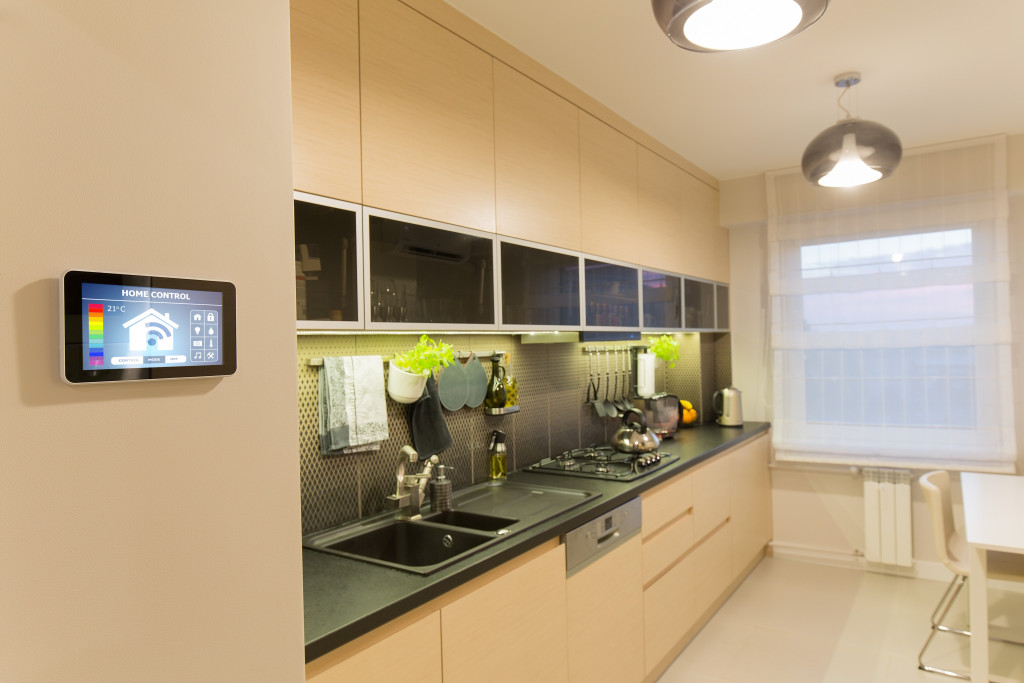- Identify and rectify common home electrical problems like flickering lights, tripping circuit breakers, and dead outlets.
- Electrical shocks and high bills demand prompt action and may require professional attention.
- Install solar panels and upgrade to energy-efficient appliances to reduce energy consumption.
- Unplugging unused electronics and using natural light can significantly lower electricity bills.
As a homeowner, you might have experienced electrical problems that can be frustrating and sometimes even dangerous. Whether it’s a flickering light or a circuit breaker that constantly trips, addressing these issues is crucial to maintaining a safe living environment. This blog will tackle common electrical problems that homeowners face and offer essential tips on how to address them.
Flickering Lights
Flickering lights can be caused by a variety of issues, including loose connections, faulty bulbs, or problems with the electrical circuit. One way to address this is by checking if the light bulb is screwed in tightly. If that doesn’t work, it might be a problem with the circuit, which would require the help of an electrician. Additionally, upgrading to energy-efficient light bulbs or installing solar panels can reduce the strain on the electrical system and prevent flickering lights.
Tripping Circuit Breakers
A circuit breaker that frequently trips is a sign of an overloaded circuit. Prevent this by avoiding plugging too many appliances into one outlet at the same time. Additionally, it’s a good idea to have a professional electrician inspect and upgrade your electrical system to handle the load of your appliances.
Dead Outlets

When an outlet doesn’t work, it’s a sign of a more significant issue. One way to identify the problem is by testing other outlets in the room to see if they work. If they don’t, it might be an issue with the circuit or wiring. Calling an electrician is the best option to diagnose and fix the problem. You should also avoid using extension cords as a permanent solution, as they can overload the circuit and pose a fire hazard.
Electrical Shocks
If you’re experiencing electrical shocks when touching appliances or outlets, it’s a sign of a more significant issue that requires immediate attention. This could mean that the appliance or outlet isn’t grounded or wired correctly. Don’t try to fix this on your own, as this requires the expertise of an electrician. You can also prevent electrical shocks by regularly checking for frayed or damaged cords and replacing them.
High Electric Bills
If you notice a spike in your electric bills, it’s probably because of an issue with energy efficiency. Fortunately, there are many things you can do to reduce your energy consumption and lower your bills. Here are four tips to help you save energy at home:
Install solar panels.

Solar panels can generate clean and renewable energy, reducing your reliance on traditional electricity sources. Not only will this decrease your carbon footprint, but it will also save you money in the long run. Just make sure you find a trusted solar company to install the panels and ensure they are adequately maintained for optimal performance. A good solar company will also offer warranties and maintenance plans for added peace of mind.
Upgrade to energy-efficient appliances.
Older appliances tend to consume more energy, so consider upgrading to newer models that are ENERGY STAR certified. These appliances are designed to use less electricity while still providing the same functionality.
Unplug unused electronics and turn off lights when not in use.
Many people don’t realize that electronics and lights continue to draw power even when they’re turned off. This is known as “phantom energy” or “vampire power”. By unplugging devices and turning off lights when they’re not in use, you can save a significant amount of energy and reduce your electric bills.
Use natural lighting.
Take advantage of natural light during the day by opening curtains or blinds instead of relying on artificial lighting. Not only will this save electricity, but it can also improve your mood and reduce the need for additional lighting.
By taking active steps to reduce high electricity bills, you can save money and also help the environment.
Dealing with electrical problems at home doesn’t have to be a daunting task. With a proactive approach and the right resources, you can address common issues, improve your home’s safety, and reduce electricity costs. Remember, while DIY solutions might work for minor problems, don’t hesitate to call a professional electrician for serious electrical issues.
It’s always better to be safe than sorry. Lastly, implementing sustainable practices, such as installing solar panels and upgrading to energy-efficient appliances, can significantly impact your energy consumption and pave the way for a greener, more sustainable future.

